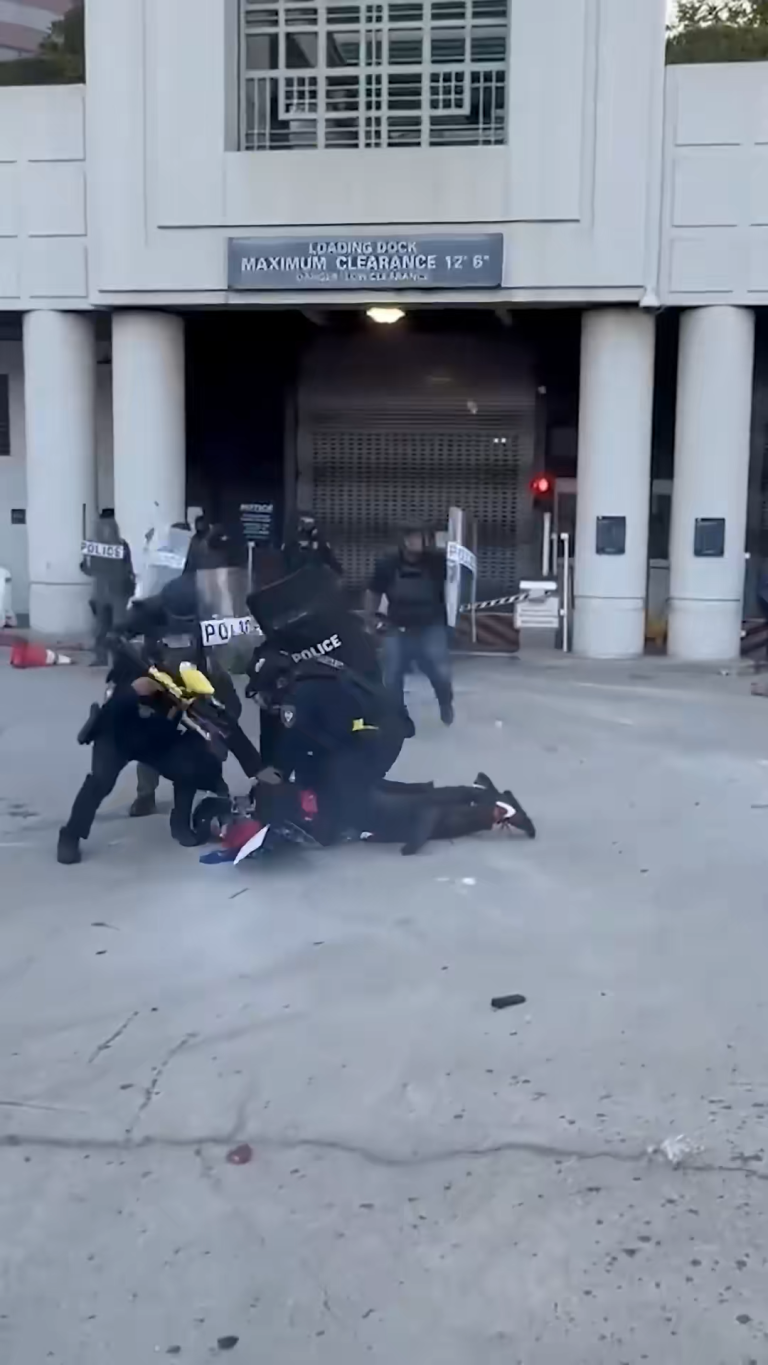
A late-day police call at an apartment complex ended with a woman being detained amid tearful pleas that she was only trying to get by. Officers arrived with a property manager holding a key and made clear their plan: if they found Jasmine inside the unit, she would be arrested so staff could secure the apartment and allow her to retrieve personal belongings. The encounter quickly turned emotional as the resident insisted she had no warrant and begged for mercy, explaining she’d been struggling to feed her children and had been “stealing” small amounts to survive.
Bodycam audio captures a raw, chaotic back-and-forth. The woman repeatedly insisted she wasn’t trying to avoid the court — she said she had called the mayor’s court and planned to take care of the warrant the next day, explaining she only had five dollars to pay. She pleaded that she had no job, no food, and that her life had been unstable. Officers pushed back with the facts: a warrant existed and, despite her explanations, the legal process required they take her into custody. The conversation shifted between procedural commands and human vulnerability, revealing how enforcement actions intersect with deep social needs.
The episode raises familiar but urgent questions about policing, poverty, and the way the justice system handles low-level warrants. Advocates argue that arresting people for inability to pay fines or appear on minor municipal matters often punishes poverty and fractures families. Officers, however, emphasize their duty to enforce the law and execute warrants issued by the courts. In this case, the presence of children and the woman’s pleas for basic necessities left bystanders and listeners unsettled — a painful snapshot of how small legal issues can cascade into life-disrupting consequences for already vulnerable people.




